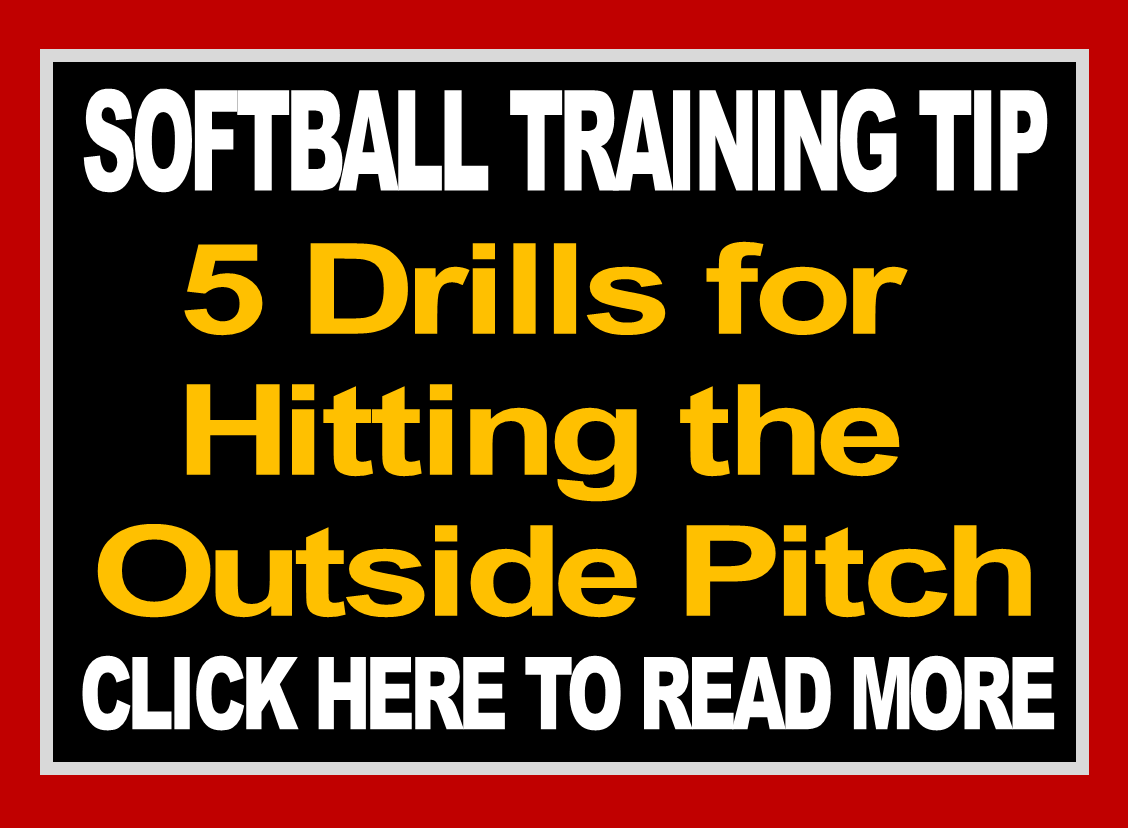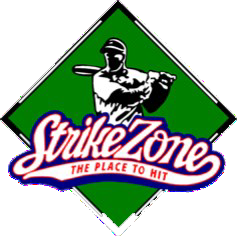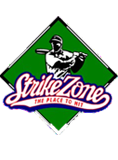
06 Mar 5 Drills for Hitting the Outside Pitch

Ever get that runner to second base only to have your next 2 batters hit groundballs to the shortstop – inning over!
Learn how you can teach your hitters to take balls to the opposite field and score more runs in the process.
As every player, that makes the transition from travel or high school ball to college, learns, hitting is one thing, hitting the outside pitch will get you into the lineup! Now I’m not talking about sticking your bat out there and poking some lame slow roller to the second baseman. I’m talking about driving the ball hard to the opposite field on an outside pitch!
Before we get into a series of drills that will really help your hitters learn to drive that outside pitch, let’s first talk about a few things that are important as a means of background; what exactly is the “opposite field?”, why is this pitch is so hard to hit?
OK, you might be wondering what the opposite field is, or what’s it opposite of? Both are excellence questions and fortunately, easy to answer. The opposite field is the part of the softball field (both infield and outfield) that is opposite from where the batter stands in the box. So for instance, I’m a right handed hitter so I stand in the batter’s box to the left of Home Plate. That means since I’m on the LEFT of Home Plate that the entire part of the field on the RIGHT is the opposite field. Drawing a line to split the field in half from home plate to 2nd base and out to centerfield, everything on the right side of the line (standing on home plate and looking out at the pitcher) would be opposite field for a Right Handed Batter while everything on the LEFT side of the field would be opposite field for a Left Handed Batter.
Now, why is it so hard to hit the outside pitch (the pitch that goes over the outside part of the plate)? Well basically there are 2 reasons:
- It’s Farthest Away from our Eyes – This makes our ability to clearly and precisely see this pitch very difficult. We often struggle with knowing whether it’s over the outside edge of the plate for a strike or just a bit outside (as Bob Uecker says) for a ball. So our vision is one of the challenges for hitting this pitch.
- Trying to Pull Everything – the other reason our hitters struggle with this pitch is that weaker hitters try to pull everything and that doesn’t work on an outside pitch. When poor hitters having twisting swings, where their chests pull their hands and their entire swing is moving sideways, it makes reaching out to get plate coverage extremely difficult. It’s hard, if not impossible, to hit the ball to rightfield when your chest is twisting into the 3rd base dugout. So having poor hitting mechanics is the other reason the outside pitch is so hard to hit.
Now the big question is – how do you fix it? What things can you do as a coach (or parent or player) to improve your ability to hit that outside pitch?
Fortunately there is a series of drills that will help the hitter work on hitting the outside pitch and learning how to hit it hard to the opposite field. What hitters must learn is to keep their upper body (chest) facing the ball while finishing their swing in the direction they want the ball to go in, which is, the opposite field.
Too many hitters try to step toward the ball with their foot which only makes hitting this pitch harder. You always stride to the same spot no matter where the pitch is. This is due to the fact that pitches will break far too late for you to step at them based on inside or outside locations.

What hitters must go to hit the outside pitch includes the following:
- Keep their chests facing the outside part of the plate
- Continue their follow through toward the opposite field
- Be patient and let the ball travel closer to the plate than usual
- Stay tall and don’t lean into the ball with your waist
- Keep your hands ahead of your barrel during your swing (called an Inside-Out Swing)

Before we look at a 5 Drill series that will really help your hitters learn to master hitting the inside pitch lets discuss the part of the ball you want to try and hit to make the ball go opposite field. The diagram to the right shows how you should place a ball on a batting tee. Have the closer seams facing backwards and have the righty hitters hit the Black X seam and lefty hitters hit the Red X seam. It’s actually hitting the Inside part of the ball but makes more visual sense this way.
Now the 5 series outside hitting drills:

1. Feet Facing Forward – Upper Body Facing Plate: have your hitter use a batting T and a home plate, and start with her feet beside each other (spaced out) and facing forward while her chest faces the ball on the T. She works on hitting the ball off the T without moving her feet. At first this will be extremely difficult but will teach her to keep her hands ahead of her barrel and hit the ball away from her. (Lefties/Slappers start in their regular box with feet and chest in same position.)

2. Feet on Foul Line – Upper Body Facing Plate: The next step involves the hitter moving her feet so they are lined up with the fouline as shown in (2) to the left. This starts to get harder and really forces the hitter to lead with her hands and keep her chest facing the ball.
3. Feet Regular – Ball on T: Now the hitter gets into their regular position in the box and keeps their chest facing the ball throughout their swing.

4. Feet Regular – Ball off Toss: The final step for a right handed hitter is the same as (3) except now the hitter is hitting a ball from front toss. This now allows the hitter to actually track the pitch, wait for it to get deep and then hit it hard to the opposite field.
5. Extra Drill for Slappers – To help lefty slappers handle that inside pitch and still hit it to the opposite field there’s one more drill they should do. It’s awkward as it involves really twisting up the feet but is outstanding to help slappers work on their hands. The slapper gets into the lefty box and puts her feet in line with the 3rd base fouline. She’ll have to pretend the fouline is more in front of homeplate (as in (5) to the right). She’ll then work on keeping her chest to the ball and hitting the ball off the T to the opposite field. It’s hard but really pays off with your slappers being able to handle the inside pitch (either high or low).





